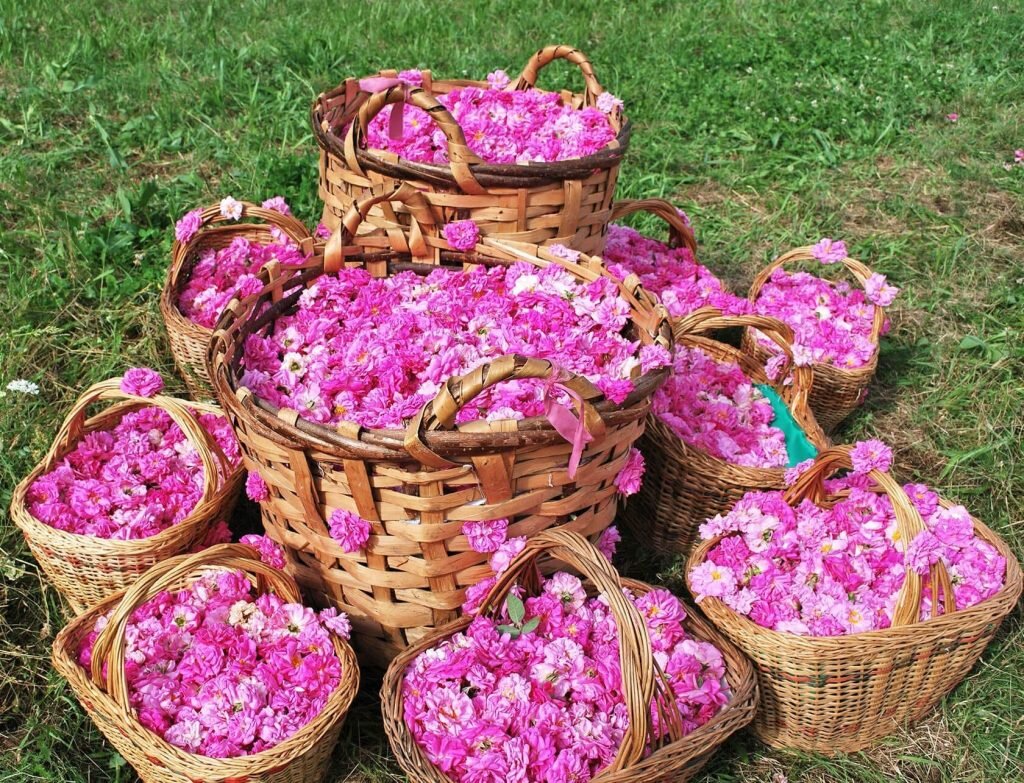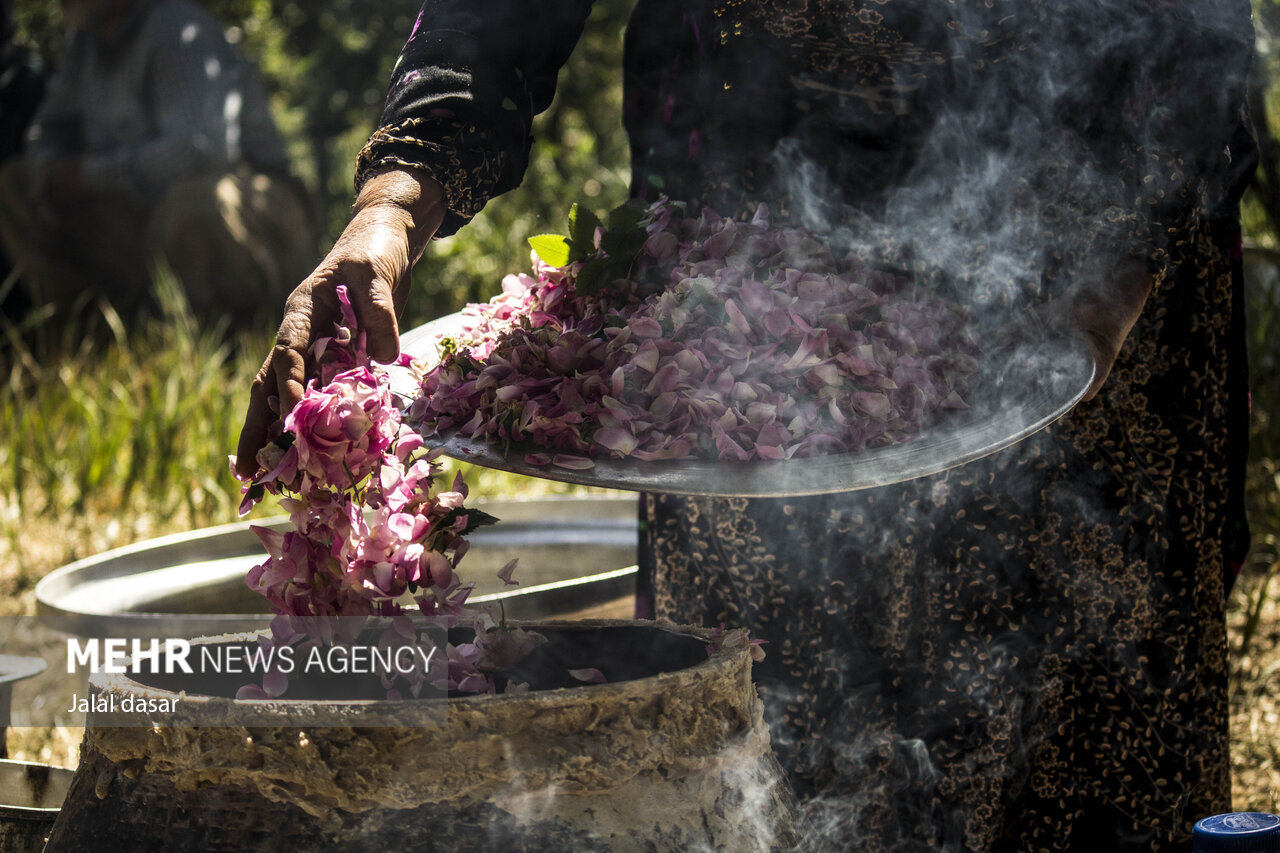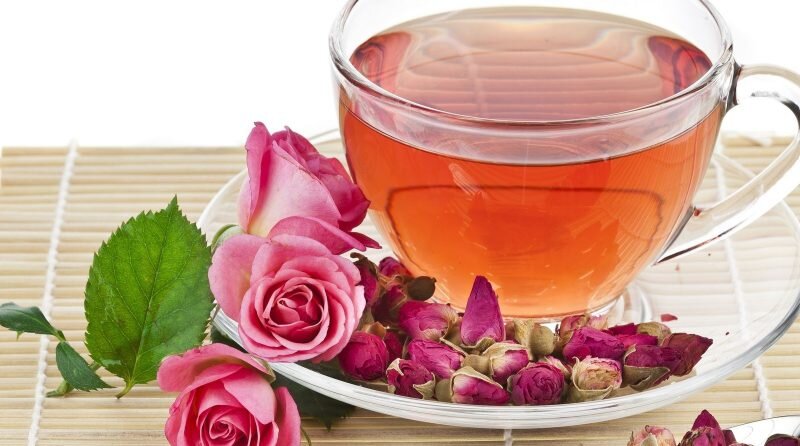TEHRAN, May 30 (MNA) – Rosewater festival in Iran, estimated to be the birthplace of rosewater production in the world, is a unique sociocultural event that is priceless enough to be on the list of Intangible Cultural Heritage of UNESCOKnown as Golab-Giri in Persian, the ancient ceremony is annually held in Iran to introduce the paramount role played by the rose in cuisine, cosmetics, medicine, and traditions.
The treasured festival is held every year in the spring, usually from mid-May to the end of June.
Rosewater, Golab in Persian, is traditionally produced from damask roses.
This very sweet-smelling kind of flower is locally called Gol-e Mohammadi or Gol-e Sorkh in Iranian culture.

Reportedly, Iran is considered the leading producer of damask roses in the world, accounting for 70% of the global output.
Mohammadi Roses mainly grow in the provinces of Fars, Kerman, and Isfahan, as well as some parts of West Azarbaijan Province, namely Khoy and Urmia.
But Kashan and Qamsar remain the main production center of rosewater in Iran.
A glance at the traditional distillation process

Flower pickers start working early in the morning before sunrise and they have to finish the task before noon.
Based on an old farmers’ myth, flowers picked before sunrise will spread a richer and stronger odor.
The petals are put into massive copper pots and boiled.
Each pot is filled with 80 liters of water and around 30 kilograms of rose petals, and it is connected to metal pipes so that steam can pass through to produce the hydrosol.
The extracted water is then kept in special bottles.
The longest the distillation is, the better will be the quality of the homemade rosewater.
Local residents speculate rosewater traditionally distilled is of higher quality than rosewater manufactured in factories, probably due to the speedier harvesting and distillation processes.
Rosewater-based products

Some claim that rose oil soothes the mind and lessens anxiety, stress, and depression.
The product is said to help boost the health of the skin.
A bottle of tonic liquid is found in the kitchen of every Iranian household as it plays a key role in the cuisine of the Asian country.
The zesty ingredient spices up tea, herbal drinks, and local dishes.

Water used to clean the Kaaba, the Qibla for Muslims located in Mecca, combines water from the Zamzam Well with rosewater as an additive.
The aromatic liquid is, too, utilized as a base for making perfumes and sprays.
Reported by Tohid Mahmoudpour

